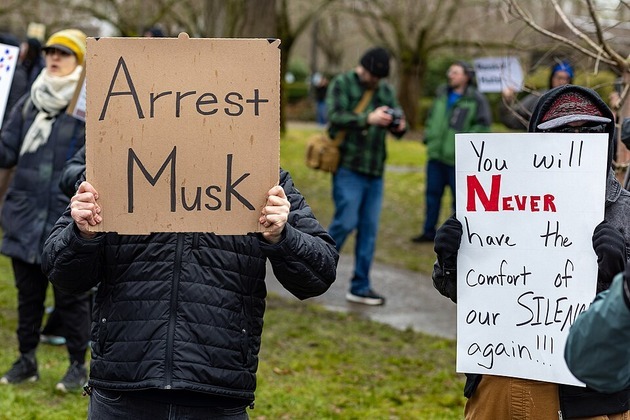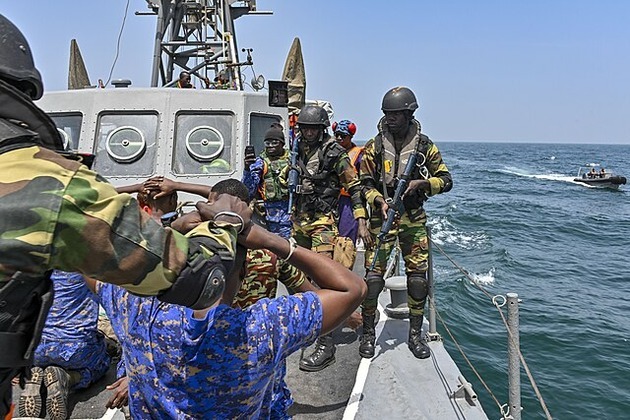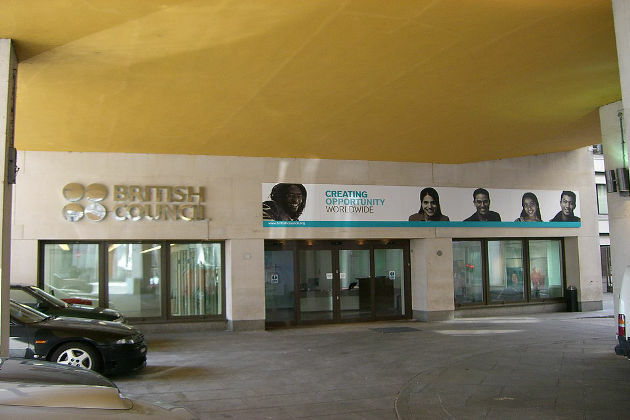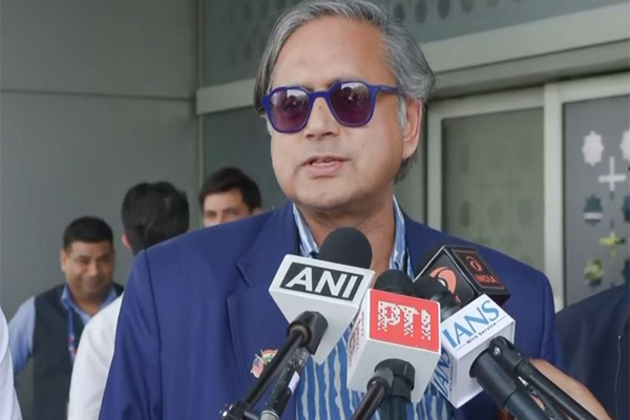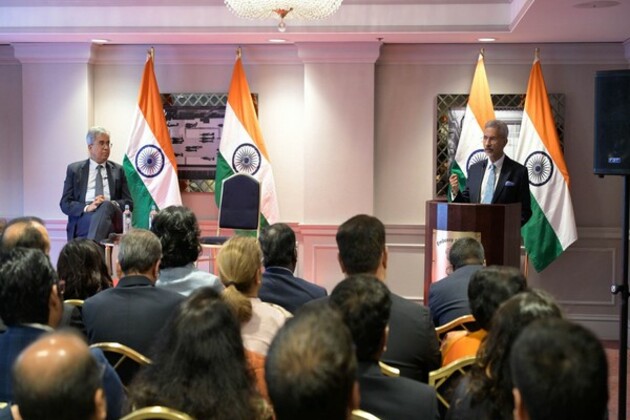Column: 3 facts U.S.-China talks in Geneva reveal
Xinhua
30 May 2025, 21:46 GMT+10

The Geneva meeting was helpful, but it did not make all problems go away. Continued struggles may still lie ahead. China has shown in Geneva that if a bully is coming to get you, better fight back.
by Shao Xia
The recent China-U.S. high-level meeting on economic and trade affairs in Geneva delivered results that went beyond expectations and allowed the world a brief sigh of relief. Many analysts anticipated that the United States would come back to some semblance of rationality, but perhaps not this quickly.
This once again proves three simple facts.
INJUSTICE ALWAYS DOOMED
For decades, the United States has been one of the biggest beneficiaries of the global trade architecture. But now, it is casting itself as the victim of this very system, as if its enormous debt and economic problems were created by the rest of the world.
But Washington finds little sympathy for its claims. At home, California Governor Gavin Newsom initiated legal action against federal tariff policies. Twelve states decried the violation of the Constitution by the federal government. U.S. retail giants Amazon and Walmart wanted to show "tariff costs" on product labels, only to be blamed by the White House as taking a "hostile and political act."
Globally, the United States' key allies are standing up for their economic interests. Canada responded with 25 percent tariffs on about 30 billion U.S. dollars worth of U.S. goods. The EU, while accelerating free trade negotiations with the Middle East, Latin America and Asia, is discussing with China minimum pricing for EVs. Japan and South Korea are bolstering their domestic industries to reduce reliance on U.S. markets.
Washington's attempt to dismantle the global trade order and its growing penchant for zero-sum diplomacy is fueled by an urge to externalize domestic crises. These tactics may bring short-term gains, but will erode international trust in the United States and accelerate de-dollarization and the broader disengagement from the country.
PEACE COMES TO THOSE WHO DARE TO FIGHT
The Geneva talks reaffirmed a point made a long time ago by Chairman Mao Zedong: "If unity is sought through struggle, it will live; if unity is sought through yielding, it will perish." Historical precedents abound.
More than 70 years ago, China broke the myth of U.S. military invincibility by putting up a heroic fight during the War to Resist U.S. Aggression and Aid Korea.
A more recent case in point is the three-year legal and diplomatic battle against the politicized extradition case of Huawei CFO Meng Wanzhou.
Some other countries had painful lessons. Japan suffered from prolonged economic stagnation in the 1980s following its acceptance of the Plaza Accord and semiconductor restrictions. France lost its industrial champion Alstom due to the United States' "long-arm jurisdiction."
Should one fight or give way to coercion? The right choice is clear, but not easy to make.
In Geneva, China defended not only its interests, but also fairness and justice in global trade.
As The Atlantic noted, for every country and company threatened by the United States, China offers a lesson -- "Standing up does not mean that you win, but giving in guarantees that you lose."
STRENGTH ALWAYS THE FOUNDATION
Real leverage comes not from rhetoric, but from economic resilience.
China always prioritizes economic stability as a key target of macro policy. In response to rising external pressure, it has rolled out sector-specific and firm-specific relief measures to support businesses and anchor market expectations.
Long before the 2018 trade tensions, China had been pressing ahead with structural reforms -- promoting a more unified domestic market, quality growth and trade with various partners. Now, the Association of Southeast Asian Nations has overtaken the United States as China's largest trading partner, while China's exports to the United States have dropped from 19.2 percent in 2018 to 14.7 percent in 2024.
U.S. think tanks believe China has spent the past six years quietly preparing for a long-term struggle -- investing in domestic innovation, localizing key industries, and expanding access to alternative markets. In fact, these are not just measures for a rainy day. China's commitment to reform and opening up is a long-standing one. They go back decades.
The United States is a major player in the global economy. But it should not overestimate its influence. It is only 13 percent of global trade. Over 7.6 billion people live outside its borders. A Bloomberg model suggests that if trade with the United States were entirely cut off, 30 percent of its partners could recover within a year, and more than half would do so within five years. Many in Europe now believe the world can forge a more inclusive and diversified trade architecture -- without relying on the United States.
Meanwhile, Washington elites are growing increasingly disconnected from the people they are supposed to serve. Faced with rising inflation and fractured supply chains, ordinary Americans are told to simply "bite the bullet." Beyond empty slogans, few practical relief policies exist -- unless one counts "backyard chicken farm" as a realistic national strategy.
The Geneva meeting was helpful, but it did not make all problems go away. Continued struggles may still lie ahead. China has shown in Geneva that if a bully is coming to get you, better fight back.
Editor's note: The author is a commentator on international affairs, writing regularly for Xinhua News, CGTN, Global Times and China Daily.
The views expressed in this article are those of the author and do not necessarily reflect the positions of Xinhua News Agency.
 Share
Share
 Tweet
Tweet
 Share
Share
 Flip
Flip
 Email
Email
Watch latest videos
Subscribe and Follow
Get a daily dose of South America Times news through our daily email, its complimentary and keeps you fully up to date with world and business news as well.
News RELEASES
Publish news of your business, community or sports group, personnel appointments, major event and more by submitting a news release to South America Times.
More InformationInternational
SectionTrump and Musk feud goes viral on X
WASHINGTON, D.C. A public fight between U.S. President Donald Trump and billionaire Elon Musk has taken over social media, especially...
Human traffickers exploit new deadly route from Africa to Europe
DERA BAJWA, Pakistan: Amir Ali, a 21-year-old man from Pakistan, dreamed of going to Europe for a better life. He was promised a visa...
ispace lander crashes on moon; Japan faces new lunar setback
TOKYO, Japan: Japan's hopes for a foothold in commercial lunar exploration suffered a second blow this week after Tokyo-based startup...
FSB claims Russian professors linked to British Council espionage
MOSCOW, Russia: Russia's principal security agency, the Federal Security Service (FSB), has accused British intelligence of using the...
Australian PM rejects US pressure to ease biosecurity rules
SYDNEY, Australia: Australia will not ease its strict biosecurity rules during trade talks with the United States, Prime Minister Anthony...
Flotilla ship prevented from reaching Gaza, passengers and crew detained
The Israeli Navy has intercepted a ship carrying humanitarian aid and a number of activists including Greta Thunberg, Rima Hassan,...
Latin America
SectionArgentine president arrives in Jerusalem, eyes closer latin American-Israeli partnership
Tel Aviv [Israel], June 11 (ANI/TPS): Argentine President Javier Milei met with Israeli President Isaac Herzog in Jerusalem on Tuesday,...
ARGENTINA-BUENOS AIRES-FORMER PRESIDENT-FERNANDEZ-SENTENCE
(250610) -- BUENOS AIRES, June 10, 2025 (Xinhua) -- Former President Cristina Fernandez de Kirchner attends an event in Buenos Aires,...
F1 replaces Imola with Madrid on 2026 calendar
(Photo credit: Peter Casey-Imagn Images) The 24-race Formula 1 slate for 2026 features a grand prix in Madrid replacing Italy's Emilia...
"We actually got them to reverse the stand they had taken": Shashi Tharoor on Colombia withdrawing statement condoling Pak deaths in Op Sindoor
New Delhi [India], June 10 (ANI): Congress MP Shashi Tharoor, who led a five-member all-party delegation to Colombia, on Tuesday praised...
Indian men's team raring to go against Argentina in European Leg of FIH Hockey Pro League
New Delhi [India], June 10 (ANI): The Indian men's hockey team has not had the best start to the European leg of the FIH Hockey Pro...
"If terrorists attack India, we will hunt them down wherever they are: EAM Jaishankar to Le Figaro
Paris [France], June 10 (ANI): Indian External Affairs Minister S. Jaishankar, in an exclusive interview with Le Figaro, reaffirmed...

